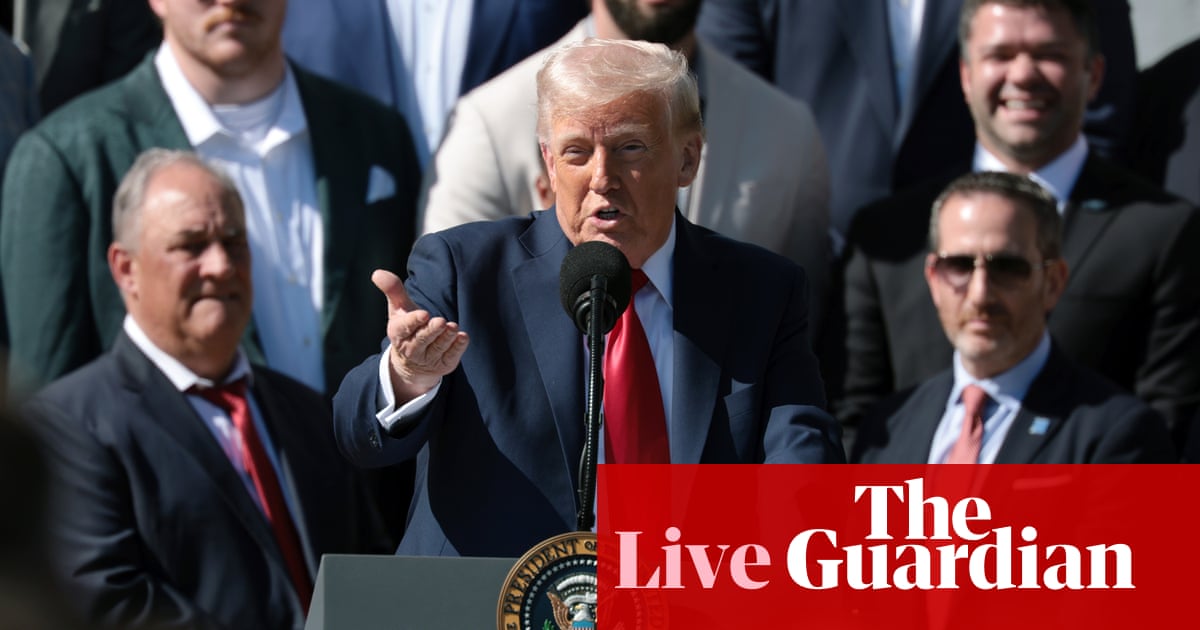Donald Trump plans to cushion the impact of his tariffs on US carmakers by easing some duties on foreign vehicle parts, his administration has said.
“President Trump is building an important partnership with both the domestic automakers and our great American workers,” the commerce secretary, Howard Lutnick, said in a statement provided by the White House.
“This deal is a major victory for the president’s trade policy by rewarding companies who manufacture domestically, while providing runway to manufacturers who have expressed their commitment to invest in America and expand their domestic manufacturing.”
The move means car companies paying tariffs would not be charged other levies, such as those on steel and aluminium,, according to the Wall Street Journal, which first reported the development.
Carmakers would be able to secure a partial reimbursement for tariffs on imported auto parts, based on the value of their US car production, under the plans.
Cars made outside the US will still be subject to Trump’s tariffs but will be exempt from other levies. The plan is expected to be officially confirmed later on Tuesday.
Good morning and welcome to our blog covering US politics asDonald Trumpprepares to mark the first 100 days of his second presidency and as his northern neighbour Mark Carney celebrates his election win in Canada with a warning that “Trump is trying to break us”.
My colleague David Smith offers this critique of the chaotic last 100 days:
You can read his excellent, full piece here:
Trump’s rule was key to Carney’s winamid the US president’s trade tariffs and even suggestions of annexing Canada. Accepting victory this morning, Carney warned:
In other news:
Nearly 100 days in office and Donald Trump continued to steadily address his campaign promises to crack down on immigration and focus on law and order.The president issuedthree new executive orderson Monday, which includedtaking aims at so-called “sanctuary cities”and shoring uplegal protections for policeaccused of misconduct.
Prosecutorsfiled chargesagainstMario Bustamante Leivafor allegedly stealing Homeland security secretaryKristi Noem’s purse.
Trumpcreated a “Fema review council”to “fix a terribly broken system” of delivering aid to Americans struck by disasters, naming defense secretaryPete Hegsethand Noem to the council.
House Republicans proposed paying tens of billions of dollarsfor Trump’s border wall construction.
Trumpthreatenedto veto the bipartisan Senate resolution focused on “liberation day” tariffs.
Immigration and Customs Enforcement officials areseeking unaccompanied immigrant children, sparking fears of a“backdoor family separation”.
As Canadians headed to the polls, Trump issued a statement threatening Canada’s independent sovereignty, describing the border between the two nations as an “artificially drawn line from many years ago”.
CongressmanGerry Connolly,the top Democrat on the oversight committee, announced he willnot run for re-electionafter being diagnosed with a recurrence of cancer.
